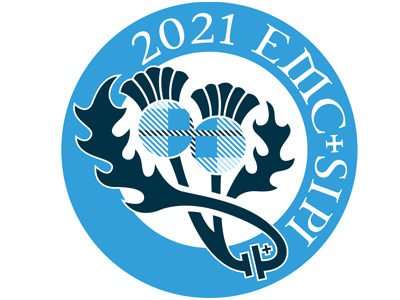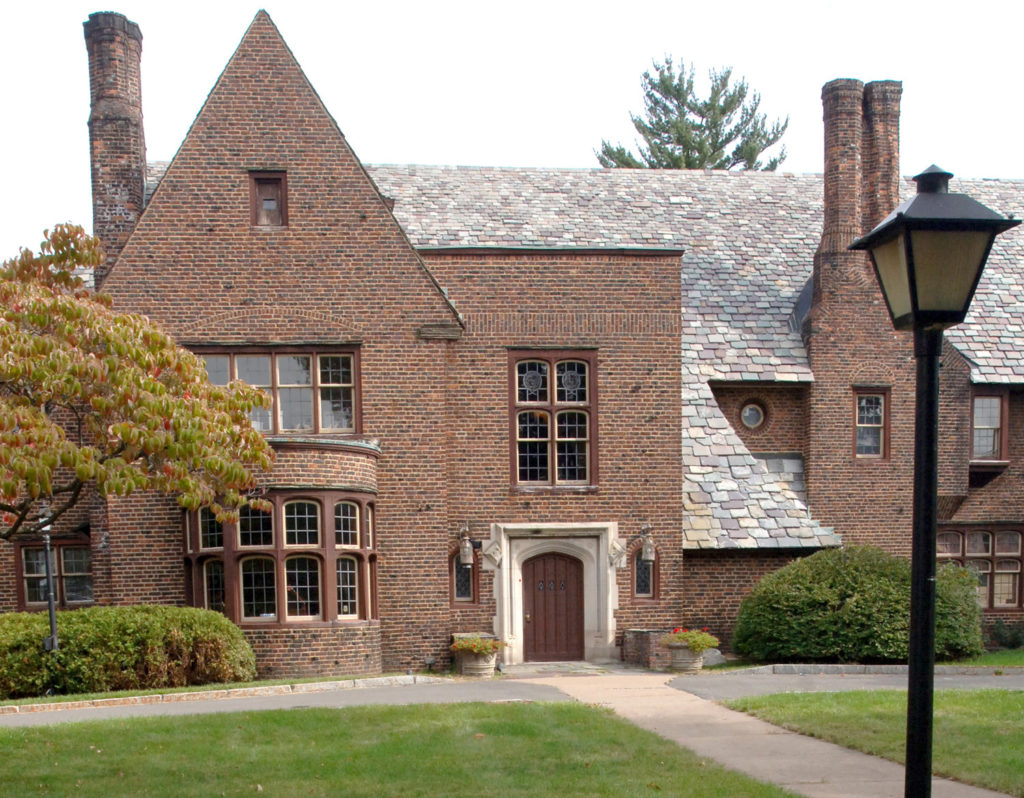Enabling the Development of a Long-Range Mesh Network Radio with Sidekiq Z2 Software-Defined Radio (SDR)
Testing military applications does not always happen in the controlled, predictable surroundings of a test lab. Weapons systems testing or combat training, for example, require real-world conditions to ensure realistic assessment of equipment operation and user proficiency. The Department of Defense (DoD) has test ranges that often span tens or even hundreds of square miles to represent actual combat conditions in terms of scale and potential environmental hazards. Of course, the benefit of running these field tests is to obtain data on performance and functionality, data which will identify what might need fixing or issues that can be improved upon. Not being able to recover the data collected during these tests undermines the whole reason to run the tests in the first place, so test data retrieval becomes a mission-critical issue in the field. And yet, in the majority of simulated field situations, it is not safe or even physically possible for an operator to access the location where the experiment or test is being conducted, let alone gather data with the frequency needed to approximate real-time.
In an ideal scenario, data generated from tests would be transmitted directly from the testing apparatus in the field to wherever it was needed for analysis. But most test sites are in geographically isolated regions, as are many battlegrounds, where cellular or other networking infrastructure is nonexistent.
Threading the Needle of Longe-Range Mesh Network Radio Requirements
ANDRO Computational Solutions’ Marconi-Rosenblatt AI/ML Innovation Lab, lead by Dr. Jithin Jagannath, was tasked with solving this test data transmission challenge for the DoD by exploring and developing a long-distance, energy-aware mesh network that could reliably relay large amounts of data in real time while maximizing the network lifetime for extended T&E exercises. LoRa, satellite, and other available communication technologies that could potentially cover the long-range, high-throughput transmission requirements were evaluated, but finding a solution to meet all the project requirements for cost, data throughput speed, sensor range, ruggedness, flexibility for future adaptations, and low power consumption proved elusive. Military test ranges don’t often have infrastructure to host a radio network, which meant that a mesh radio network solution that could extend operational range would be required. ANDRO’s team had expertise in developing optimized mesh network protocols, but needed a hardware platform that could support their project’s requirements. ANDRO had worked with our team at Epiq Solutions and were familiar with our platforms so they reached out to us for assistance on this DoD project.
After a meeting to discuss project requirements and ‘build versus buy’ options, ANDRO decided that they would use our industrial grade RF transceiver Sidekiq™ Z2, instead of trying to develop a custom mesh networking radio module themselves. As we discussed in a recent white paper, COTS software-defined radios (SDRs) have many advantages, and our Sidekiq Z2 is a great example. Sidekiq Z2 is optimized for low size, weight, and power (SWaP) yet combines an Analog Devices’ AD9364 wideband RF transceiver, a Xilinx Zynq® SoC, and is specifically designed for harsh environments. ANDRO was also interested in potentially using 802.11 as the baseline waveform for communicating across the DoD’s designated 400 to 450 MHz band, and we had previously developed an 802.11 physical layer that works on Sidekiq Z2. This meant ANDRO could utilize a commercially-available SDR with a Wi-Fi® implementation already in place and avoid the costly and time-consuming development effort required to design and build a custom radio. Further, the entirety of the signal processing chain – from the antenna to the top of the network stack – could be inspected/tweaked remotely and as needed to ensure the integrity of the processing lineup and adapt to changes in the future. The Sidekiq Z2 is also fully ruggedized with a temperature rating of -40 °C to +85 °C and energy efficient, making it ideal for deployment in harsh environments. These features and specifications freed up ANDRO to focus on higher level protocol and mesh networking functionality, as well as develop all of the user interface components that would help warfighters discover new nodes and manage communication across the mesh array of sensors. This solution allows seamless addition and removal of nodes from the network without disrupting the overall network activities. ANDRO’s graphical user interface (GUI) also equips the network operator at the control station to remotely check the status of the node, measure residual battery levels or even remotely control radio parameters like frequency, link data rates, among others.
Read the full blog post here











